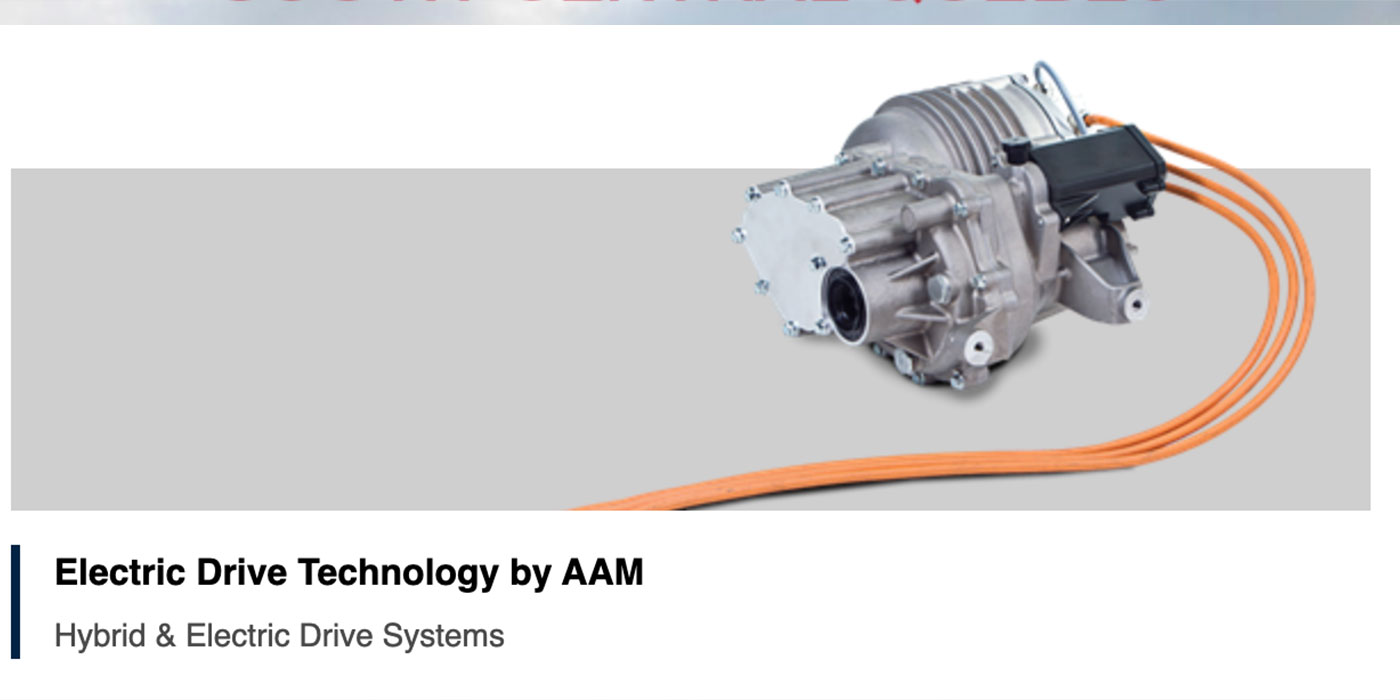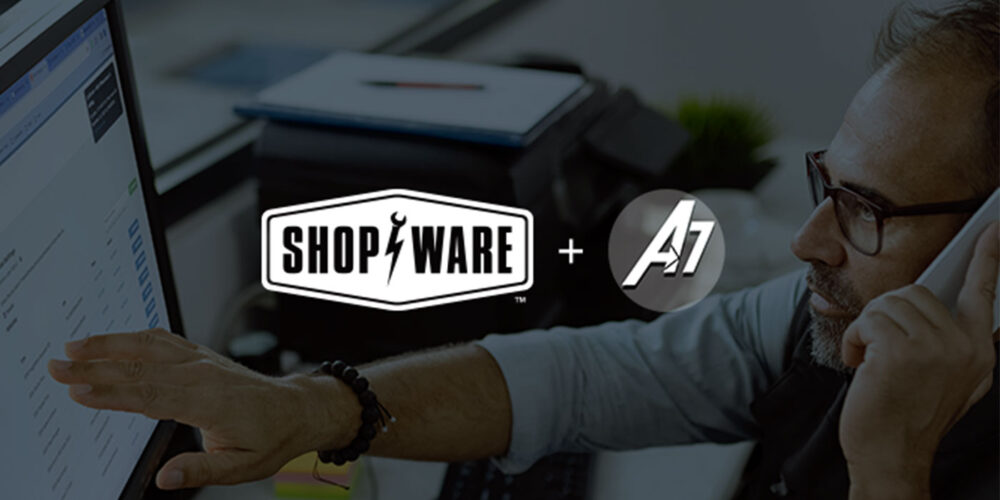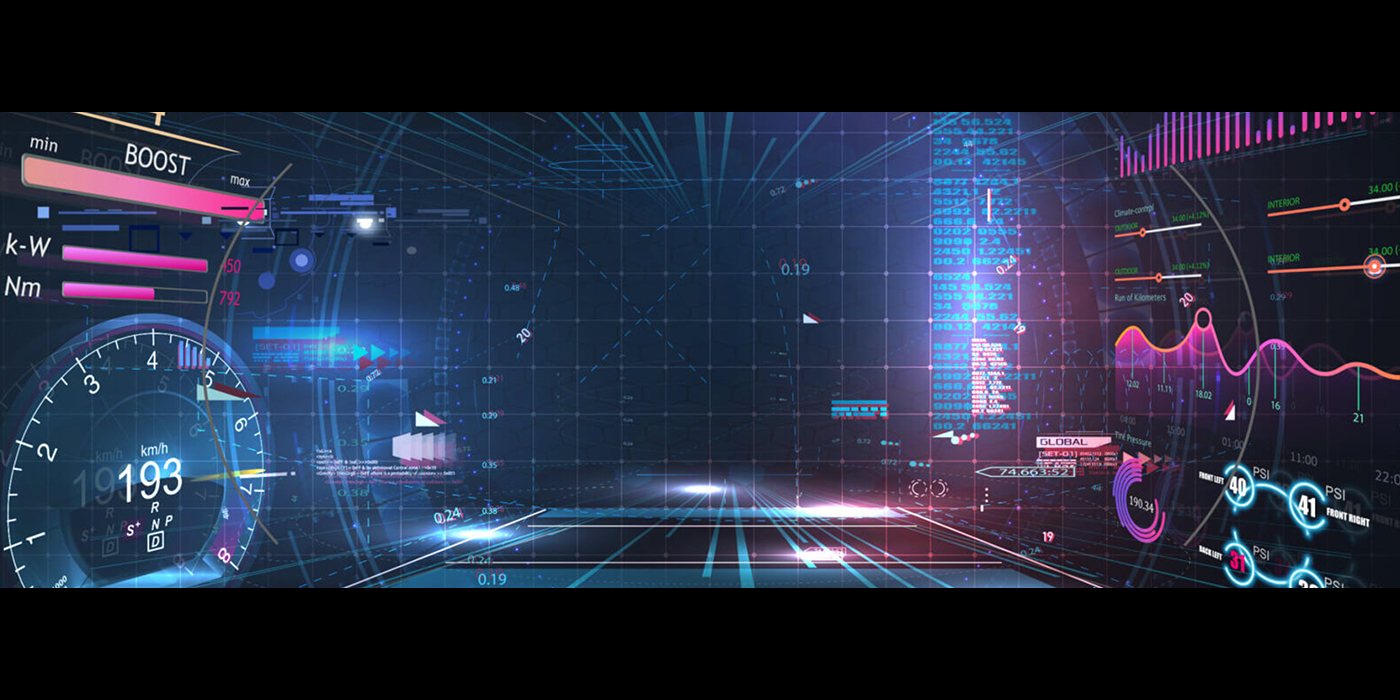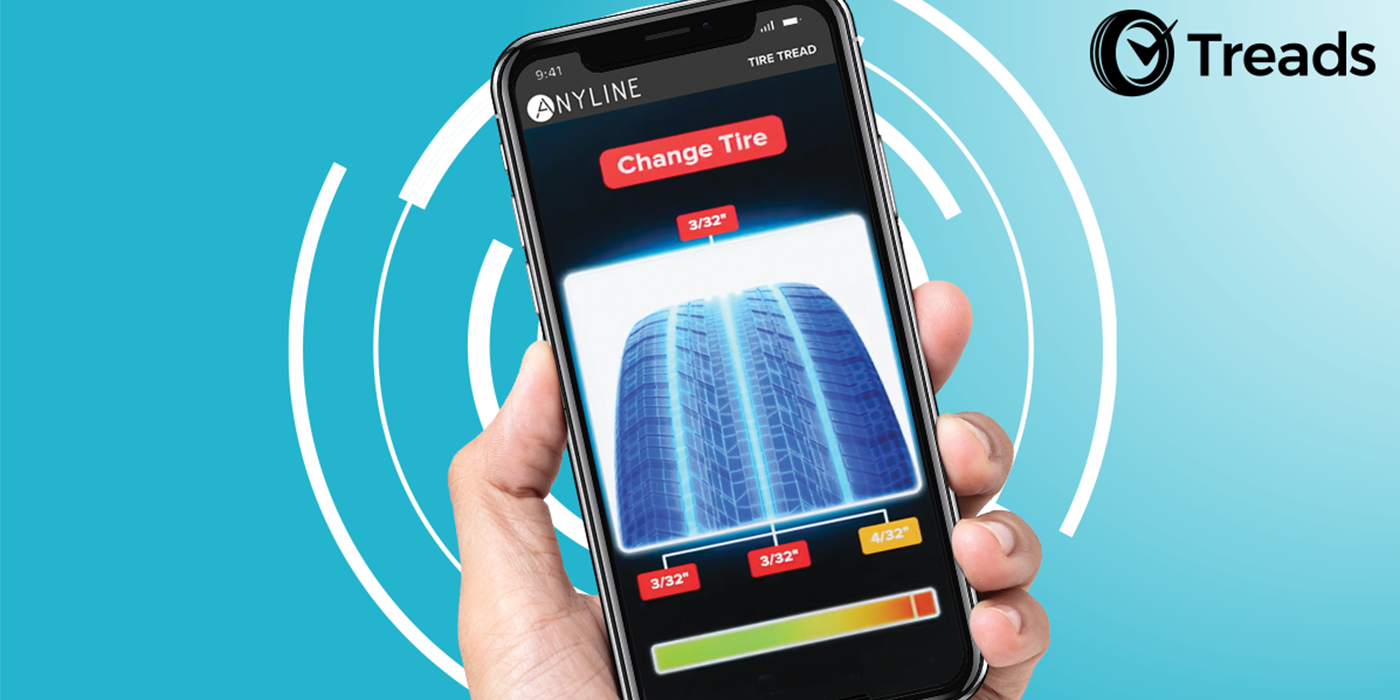NEW YORK — The global automotive industry is not expected to return to peak profitability levels until at least 2006, according to the results of an annual global survey by KPMG, an audit, tax and advisory firm. However, automotive executives indicate the worst is behind them, citing 2003 as the worst year for profits in the half-decade, KPMG said.
KPMG’s fifth annual survey, conducted in October and November 2003, polled 100 American, Asian and European automotive executives from 19 automakers and from 49 Tier 1 and 32 Tier 2 suppliers.
In the study, 29 percent of the 100 executives surveyed said they expect overall auto-industry profitability to be at its greatest level in 2006, followed by 2008 (16 percent), 2005 (15 percent), 2007 (12 percent), 2004 (9 percent). In KPMG’s survey last year, 18 percent anticipated greater levels of profits in 2004, with 30 percent forecasting better profits in 2005. Auto execs in prior year’s studies have alluded to the year 2000 as the year of highest profitability.
“In a down economy, our survey has found executives always pushing profitability a few years out, and this year is no different,” said Brian Ambrose, national industry director of KPMG’s automotive practice. “But what the executives are telling us this year is that they have seen the worst and that the industry is poised for a rebound.”
Unlike past KPMG surveys, automotive executives are not expecting dismal profits in the immediate year ahead, indicating they believe the industry has turned the corner. In fact, this year when asked to cite the worst year of profitability, 36 percent identified 2003, with 13 percent expecting it to be 2004. In contrast with KPMG’s 2002 study, 27 percent cited 2002 as the worst year of profitability with another 30 percent expecting it to be in 2003.
The KPMG global survey also found a continued decline in global market share for U.S. brands. More than half surveyed — 53 percent — said they expect market share to fall over the next five years, the same proportion as has been predicted for the last three years. Only half of the respondents agreed that “U.S. automakers will become more efficient and more competitive” over the next five years, down from 56 percent in KPMG’s survey of a year ago.
Executives are more confident this year that North American brands have the best chance to grow in Asia, especially in China, with 90 percent agreeing that consumers in Asia will become “a major source of growth” for global automobile demand over the next five years, up from 66 percent last year.
Additionally, 85 percent of the executives surveyed said that Asia will continue to add or expand manufacturing facilities over the next five years, while only 29 percent predicted such expansion in Europe and just 23 percent in North America. Overall, 40 percent of executives said there will be a decrease in the building of new manufacturing facilities in North America.
_______________________________________
Click here to view the rest of today’s headlines.













